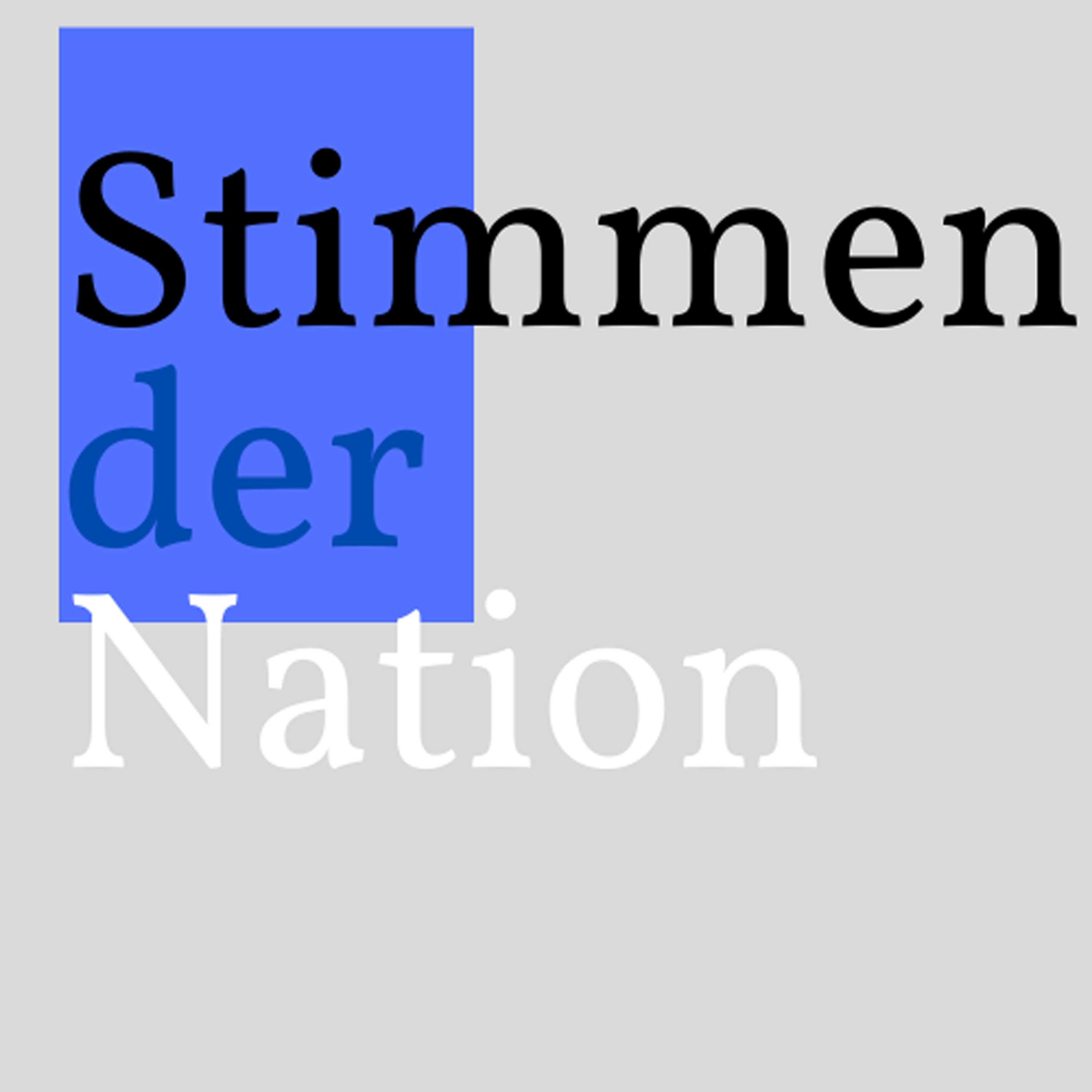 |
Women, Gender, and Sex in the Ottoman Worldan Ottoman History Podcast series Author: Ottoman History Podcast
"Women, Gender, and Sex in the Ottoman World" is a series of podcasts that pulls together womens history and the history of gender and sex in the Ottoman Empire and beyond. It explores the particular historical experiences of women and girls based on the conviction that returning the lives, experiences, and ideas of women to the historical record will change the way we look at historical periods and transformations at large. It also investigates the ways in which gender and sexuality can serve as useful categories of historical analysis (Scott, 1986) as they help us to better understand broad transformations in regimes of knowledge and politics, relations of property, forms of governance, and the nature of the state. (podcast image by Russian photographer Prokudin-Gorski of Armenian woman in Artvin ca. 1905-1915 courtesy of US Library of Congress http://www.loc.gov/pictures/item/prk2000001172/) Language: en-us Genres: History, News, Politics Contact email: Get it Feed URL: Get it iTunes ID: Get it |
Listen Now...
Türkiye, Iran, and the Politics of Comparison
Friday, 31 October, 2025
with Perin Gürel hosted by Chris Gratien | Comparisons are everywhere in American discussions of Middle East politics. As our guest, Perin Gürel, argues in a new book, this cultural impulse has political roots in the Cold War period. In this episode, we explore the origins of comparitivism through the lens of America's evolving relationship with Turkey and Iran over the course of the 20th century, focusing on how gender and race shaped the terms of the assymetrical relations between the US and other countries in the region. We discuss the "daddy issues" reflected in comparisons between the founding figures of the Republic of Turkey and Iran's monarchy, the changing image of Iran's empress on the global stage, and the ambivalent claims to whiteness and anti-imperialism that took shape in both countries. Throughout the conversation, we return to a critique of comparison as a placeholder for knowledge and a political instrument wielded with varying degrees of success to further American foreign policy goals, and we reflect on how this American project has shaped how all of us conceptualize the region's major social and political questions today. « Click for More »












